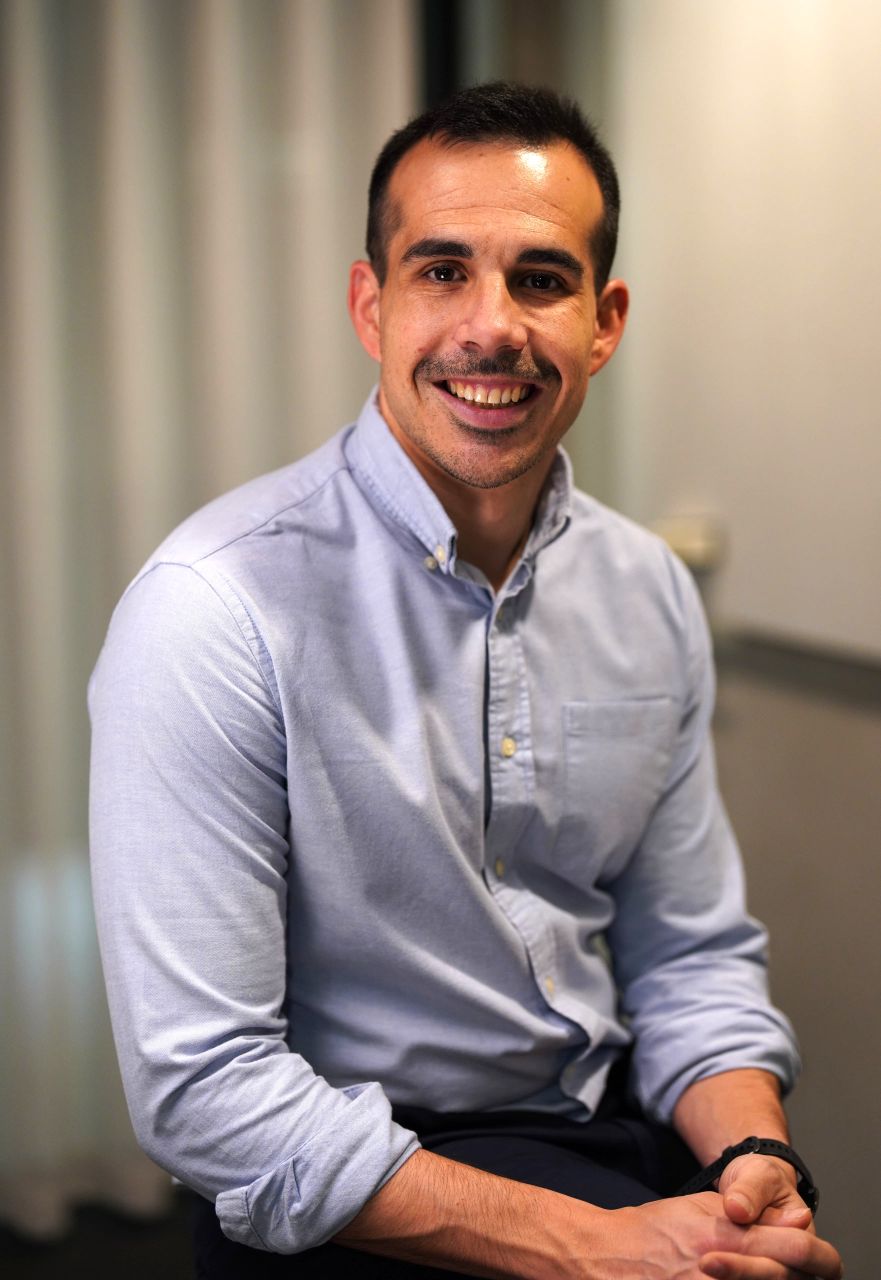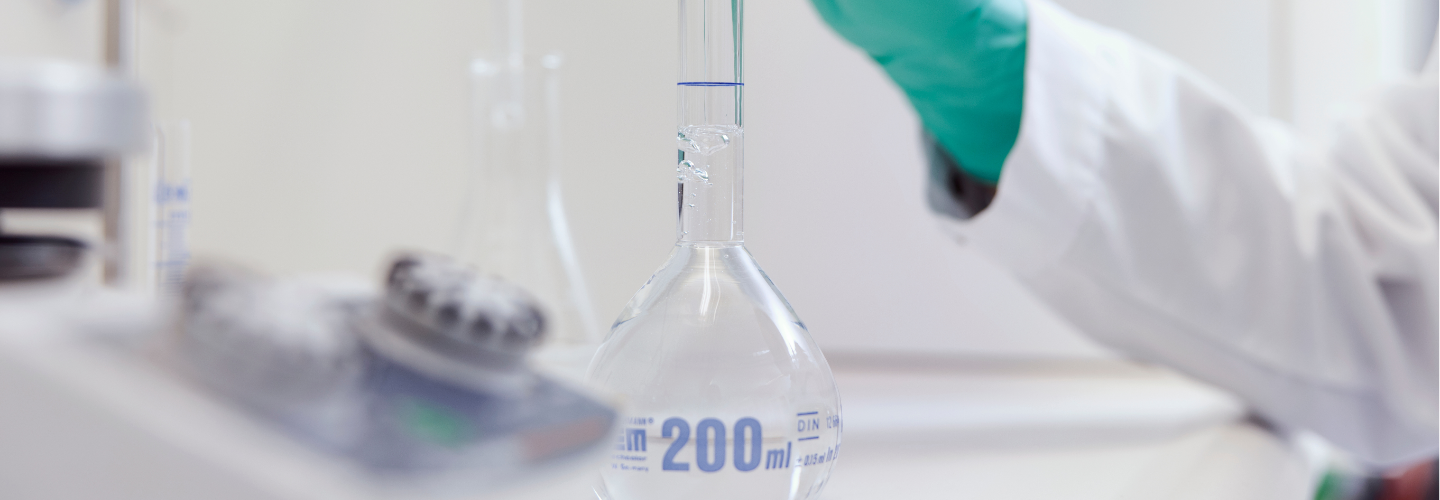Exploring the Metabolic Mysteries of Brown Fat
The Orion Research Foundation has awarded a 2025 grant of €50,000 to Francisco Acosta Manzano, a Spanish postdoctoral researcher and adjunct professor at the University of Turku. His research focuses on the biology and therapeutic potential of brown adipose tissue (BAT) in improving cardiometabolic health. With the support of the Foundation, Acosta Manzano will continue his work exploring how brown fat functions and how it might be harnessed to combat obesity-related metabolic diseases.

From Molecules to Metabolism
Acosta Manzano’s research bridges basic science and clinical application. He conducts metabolic studies with patients at the Turku PET Centre and Turku University Hospital, while also performing cellular and molecular analyses at Medicity in Biocity Turku. This dual approach allows him to investigate brown fat from multiple angles – from its cellular composition to its systemic effects on human health.
Brown adipose tissue (BAT), a thermogenic fat depot, was confirmed to be active in adult humans only in 2009 by several studies, including one from the Human Brown Fat Research Group, located in Turku. Since then, it has become a promising target for metabolic research due to its ability to burn energy and regulate metabolism. Acosta Manzano’s work aims to uncover how BAT is regulated, its cellular and molecular composition, and how it can be targeted through therapeutic interventions.
A Personal and Scientific Journey
Acosta Manzano’s path to research began in childhood, driven by a deep curiosity about nature and a toy microscope that sparked his imagination. Growing up in a scientifically curious family – including an identical twin and a sister who are also researchers – he was surrounded by critical thinking and encouragement. Though he once considered becoming an architect, his academic journey led him to Sports Sciences and eventually to a PhD in exercise physiology and metabolism.
His personal experience with childhood obesity has also shaped his research interests. “I know how difficult it is to lose weight,” Acosta Manzano shared. “Obesity is not just about eating less or moving more – it’s a complex, chronic disease with many contributing factors”.
Science in Finland – and in a Pandemic
Acosta Manzano’s postdoctoral work brought him to Finland, where he joined Associate Professor Kirsi Virtanen’s team. What was meant to be a two-year stay has turned into a transformative four-and-a-half-year chapter. “Here, I discovered a different way of doing science – one that values collaboration, reflection, and respect,” Acosta Manzano reflects.
He arrived during the COVID-19 pandemic, facing strict border controls and uncertainty. Despite the challenges, he and his partner settled in Turku, and Acosta Manzano began building a research project that integrates both clinical and laboratory work. “I’ve been able to combine patient studies with cellular analysis –truly translational research,” he says.
Techniques at the Frontier of Metabolic Science
Acosta Manzano’s research employs advanced imaging techniques such as PET-CT and MRI to visualize body composition and metabolic activity. In the lab, he uses single-cell and single-nucleus transcriptomics to analyze gene expression at the cellular level. With the Orion Research Foundation grant, he will be able to continue his research for nearly a full year.
“BAT has been proposed as a promising target for promoting weight maintenance and improving cardiometabolic health due to its ability to expend energy and modulate systemic metabolism,” says Acosta Manzano. Emerging evidence suggests that regular cold exposure – such as winter swimming or ice bathing – can boost BAT activity and offer metabolic benefits. However, little is known about how BAT responds in individuals with obesity. “Our project aims to determine whether cold exposure can effectively activate BAT in people living with obesity.”
His team is also investigating the interplay between the immune system and BAT metabolism. Gaining insight into these interactions in humans could pave the way for novel therapeutic strategies.
Looking Ahead
Acosta Manzano’s goals include uncovering the mechanisms behind obesity and cardiometabolic risk, establishing his own research group, and continuing to collaborate with his current team. “I’ve been fortunate to be part of one of the most amazing teams,” he says. “But I’m also becoming more independent and hope to build my own research line and team soon.”
This ambition is backed by strong institutional support. He has received funding from the Research Council of Finland, the Marie Skłodowska-Curie Fellowship, and several Finnish foundations. “I feel enormously grateful,” he says. “This support is more than just financial—it’s a vote of confidence in the importance of our work.”
Shortly after expressing his hope to establish his own research line, that vision began to take shape: In June 2025, Acosta Manzano was awarded the prestigious Academy Research Fellowship, which will help him pave the way to achieve his aims.
Advice for Young Researchers
Acosta Manzano encourages young scientists to pursue what they love, even in a competitive and demanding field. “The reward of discovering something new and helping people is infinite,” he says. He emphasizes the importance of choosing the right mentor and gaining experience in diverse research environments. “Working abroad and in different labs will enrich you both personally and professionally.” As a gesture of gratitude, he acknowledges the valuable guidance of his current mentor, Kirsi Virtanen, and his former mentor, Jonatan R. Ruiz, both of whom have played important roles in shaping his research journey.
Gratitude to Finland
Above all, Acosta Manzano expresses deep gratitude to Finland. “Finland has treated me very well – the people, the work culture, everything,” he says. “Finland is a land of opportunities” Acosta Manzano states.
The Orion Research Foundation wishes Francisco Acosta Manzano continued success in his research and future endeavors.
The Orion Research Foundation annually awards approximately €1.1 million in grants to young researchers. For the year 2025, the Foundation awarded a total of 112 grants, of which 19 were postdoctoral research grants and 93 were smaller grants intended for doctoral dissertation work.
